What General Ent, on one of the Liberators, could not know due to radio silence, was that the mission would start to unravel. After the groups split in two and reached the Adriatic, an aircraft crashed into the sea for unknown reasons, and 10 others decided to turn back after the incident. Afterwards, as they prepared to cross fog-shrouded mountains on the continent, increasing power to climb caused the formations to string-out and become ragged. Then to top it off, Compton committed a navigational error once they entered Romania, which ensured a simultaneous attack was all but impossible. Taking his plane and others down to attack height he homed-in for Bucharest instead of Ploesti before being warned away by crews breaking silence.
It was too late. Flak bursts began to turn the air black as they entered Bucharest’s defensive ring. Now, as they banked their mounts, they struggled to regain their course and begin looking for the telltale shapes of their targets.
Approaching from the south, they saw the slender smoke stacks and large buildings rising before them. Compton’s group raced in at altitudes as low as 50 feet, splitting up even more to hit their assigned refinery. Gunners on the planes rattled off long burst of tracer at anything that moved, as the landscape sped so close it could almost be touched. Bomb bay doors swung open, and the planes appeared to rise as their cargo tumbled in long strings to the earth. Huge geysers of black smoke and fire erupted from some of the structures as the delayed fused bombs went off. Just then, the planes started to buffet and reel from flak bursts. Shouts on the radio added to the din as men reported planes, and sometimes themselves, being hit. Senses numbed and the world continued to shriek by.
German anti-aircraft guns were firing practically point-blank as each plane zoomed overhead. Men worked the traversing wheels trying to steady on these brazen attackers doing things with airplanes never thought capable by the Luftwaffe. They saw several begin spewing smoke and flame then careen into the earth, shattering into huge pieces as they dug long trails through tree lines, leaving giant plumes of churning fire to mark their ending. The ones that got away found themselves fighting against a new threat arriving minutes later… single- and twin-engine fighters. More Liberators fell or limped away from the area barely able to stay airborne. Guns blazed from every station trying to score hits against the nimble fighters as, a little further away, Kane’s formation began sweeping over their targets.
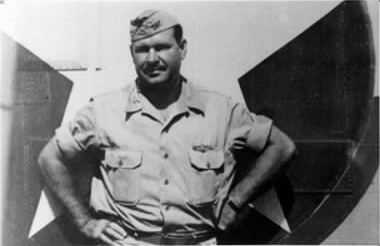 Colonel Kane suddenly realized another group had mistakenly hit his, so he decided to choose a different refinery. He took his formation in at 50 feet, watching withering fire exceeding what Compton’s groups experienced fill his windscreen. Hot shrapnel perforated the plane, sounding like rocks being thrown against a metal trash can. But he held on. Despite his plane being shot up he maintained a steady hand, allowing his bombardier a clear view of the target. His formation stayed glued to his wings and bombs tumbled to the earth, incinerating more buildings as the Liberators climbed and stormed through the waiting fighters.
Colonel Kane suddenly realized another group had mistakenly hit his, so he decided to choose a different refinery. He took his formation in at 50 feet, watching withering fire exceeding what Compton’s groups experienced fill his windscreen. Hot shrapnel perforated the plane, sounding like rocks being thrown against a metal trash can. But he held on. Despite his plane being shot up he maintained a steady hand, allowing his bombardier a clear view of the target. His formation stayed glued to his wings and bombs tumbled to the earth, incinerating more buildings as the Liberators climbed and stormed through the waiting fighters.
It was clear to Kane that confusion reined in the air. Large formations were nonexistent and scores were missing. Machine guns rattled on and off for several more minutes, then hours, as the force fought its way back to the sea. Once the last fighter turned back and silence returned to each bomber, only then could the contemplation begin. They knew they had scored hits on the refineries. Giant plumes of smoke over the fields confirmed that. How much damage they had done remained to be determined in the days ahead.
All through the evening Liberators set down in Benghazi. 88 in all, 55 with damage. Sullen faces exited these aircraft and wondered about comrades whom they had seen in trouble. Never before had they experienced action this close, and this day would leave a memory few would shake for the rest of their lives. Each processed his own thoughts as they began forming for the debrief. After that, some hot food and a shower soothed them before they fell into bed for a well deserved sleep. Yet not before wondering if they had pulled it off.
In the coming days, several reconnaissance flights over Ploesti revealed varying amounts of damage, but from other sources, some wholly unexpected, there was some encouraging news.
“…one of the most reliable of these reports was that submitted by the Turkish minister in Bucharest to the Turkish Foreign Minister and transmitted to the United States Ambassador to Turkey in strictest confidence… According to the report, governmental and refinery officials were ‘stupefied’ by the precision of execution of the attack which was described as ‘superb,’ especially because of having scarcely touched the city of Ploesti. One high Rumanian official is quoted as remarking that ‘the Americans delivered their bombs on the refineries as precisely as a postman delivers his letters and the accuracy was beyond belief.'”
And for a few weeks, the German military saw its oil output drop by 30%.
Nonetheless, they got the refineries going again, and kept them operational until a year later, when, after flying 22 missions to do it and from high altitude, the USAAF put an end to Ploesti and its gift to Germany once and for all.
Though the Allies ultimately looked upon it as a strategic failure, Operation Tidal Wave’s temporary success did buy some time for the war effort. And even though it didn’t shorten the war, it did excel producing something else which must always be mentioned when studying it in detail.
Bravery.
Never before in a single air action had so many decorations been awarded. Colonel Kane and four other officers received the Medal of Honor (three posthumously) for gallantry and leadership.
Dozens more Distinguished Flying Crosses and Silver Stars were showered on the crews, as they continued their high altitude work until war’s end.
As time has passed and Tidal Wave continues to be written about, reverence and awe for the attackers has only increased. Truth be told, on August 1st, 1943, it was guts, not results, that has proven to be the real story of that day.
—
American Casualties During Operation Tidal Wave: 440 KIA, 220 POW
German and Romanian losses: Unknown

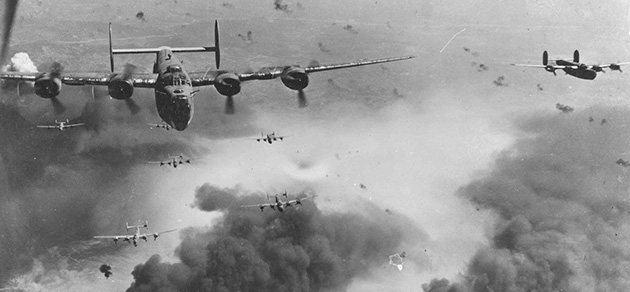
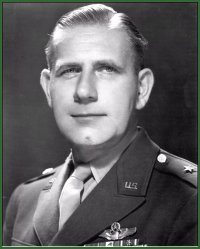
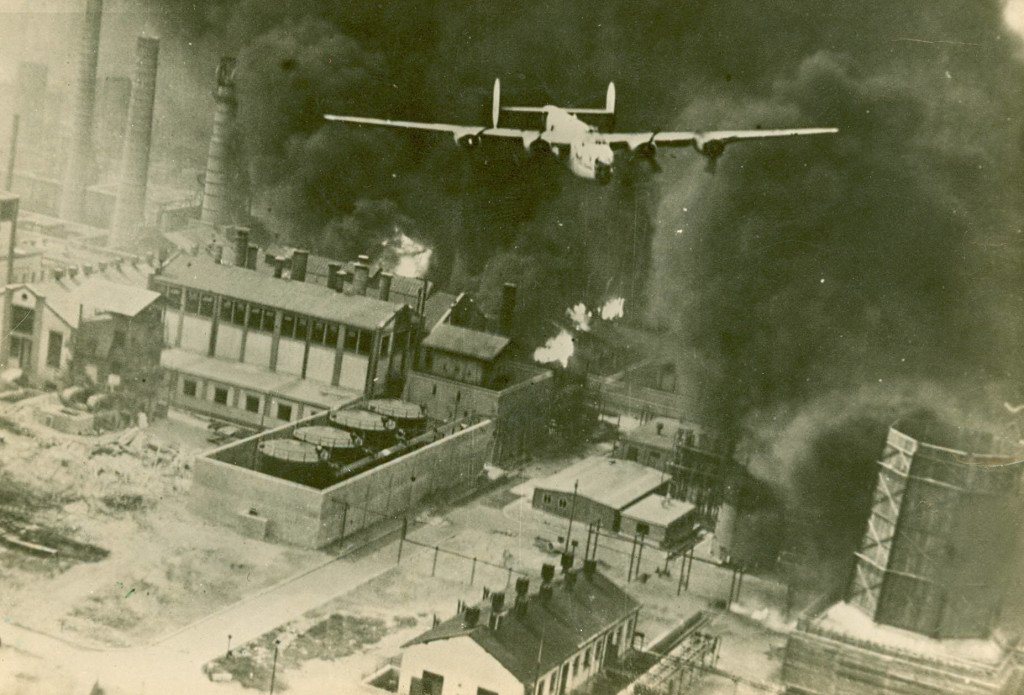
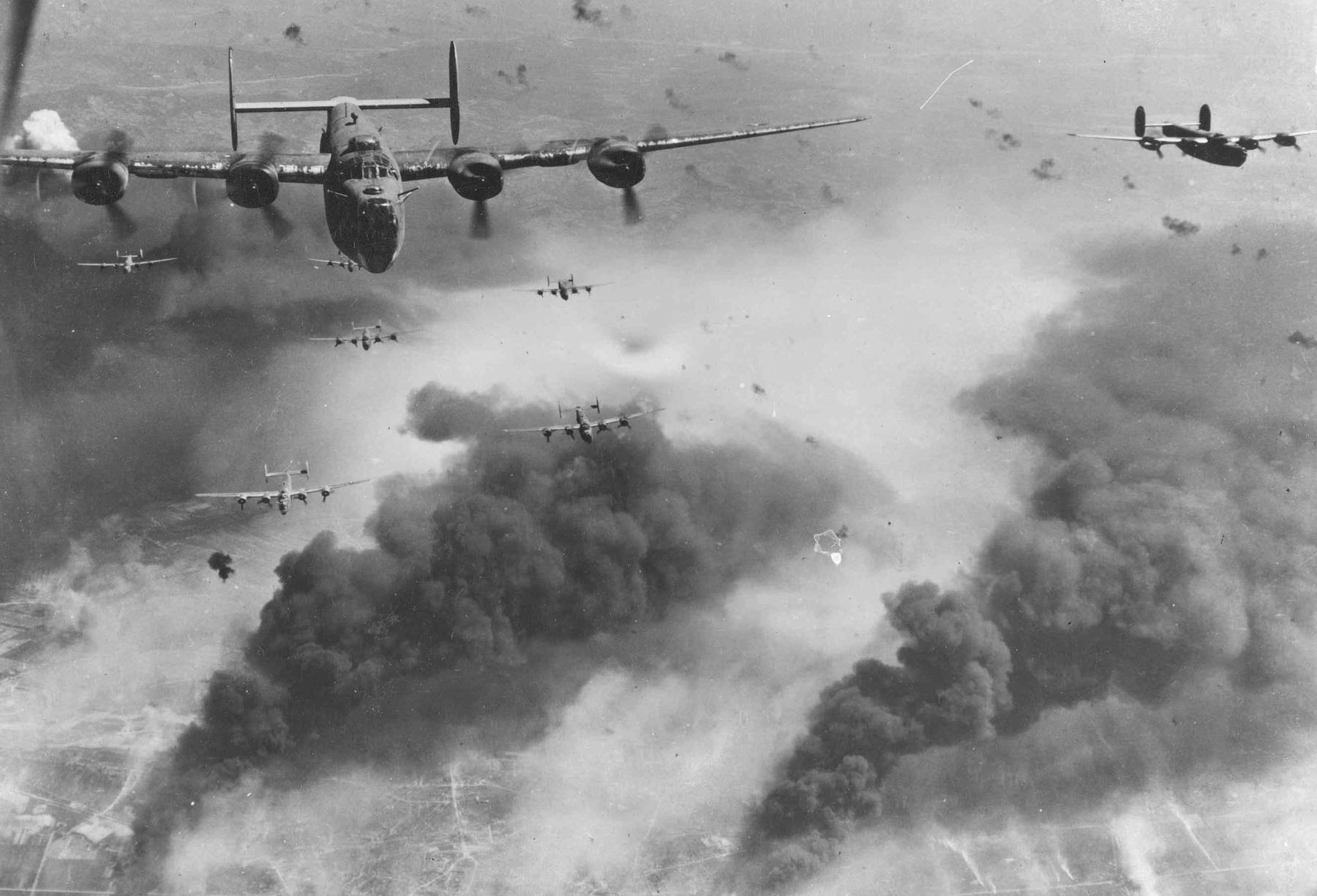








COMMENTS